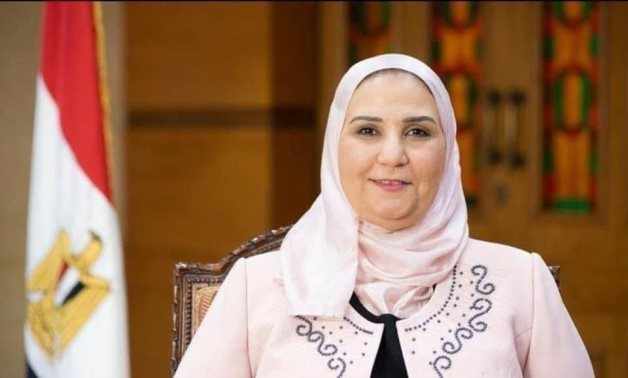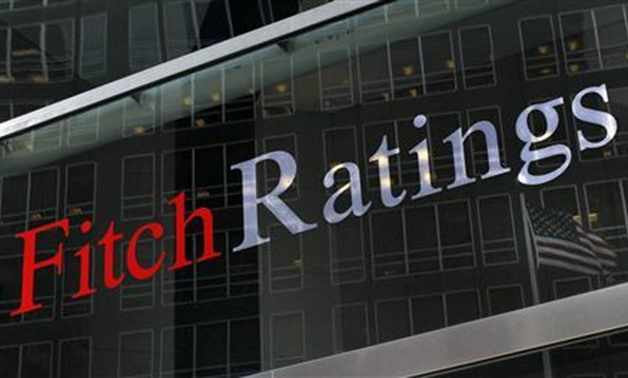Egypt’s inflation surges to record 38%
- Date: 10-Oct-2023
- Source: Arab News
- Sector:Financial Services
- Country:Egypt
Egypt’s inflation surges to record 38%
Saudi Arabia has shifted fiscal policy to further boost non-oil growth in 2024: Fitch
RIYADH: Saudi Arabia’s plan to run a modest budget deficit of 2 percent of gross domestic product marks a “notable departure” from its previous fiscal trajectory, Fitch Ratings has declared.
According to the US-based agency, the Kingdom is placing “significant emphasis” on nurturing non-oil economic growth and advancing various key priorities outlined in the Vision 2030 strategic development plan.
Saudi Arabia’s 2024 pre-budget statement, published in September, underscored the importance of ongoing structural reforms and financial sustainability, including maintaining government reserves and managing public deficits.
“Characterized by annual surpluses and a declining government debt-to-GDP ratio,” the report said, “this shift in policy reflects a deliberate decision to leverage the Kingdom’s fiscal flexibility in support of robust non-oil economic expansion.”
Based on the pre-budget statement, Fitch Ratings estimates a budget decline of approximately 3 percent of GDP in 2023, assuming an annual oil price of $80 per barrel.
Should oil prices average $85/bbl, as the Kingdom suggests, the 2023 deficit would be closer to 2 percent of GDP. However, the pre-budget statement does not disclose its oil price assumptions.
Fitch anticipates a minor shortage in 2024 compared to the projections based on higher revenue forecasts. This forecast factors in an























